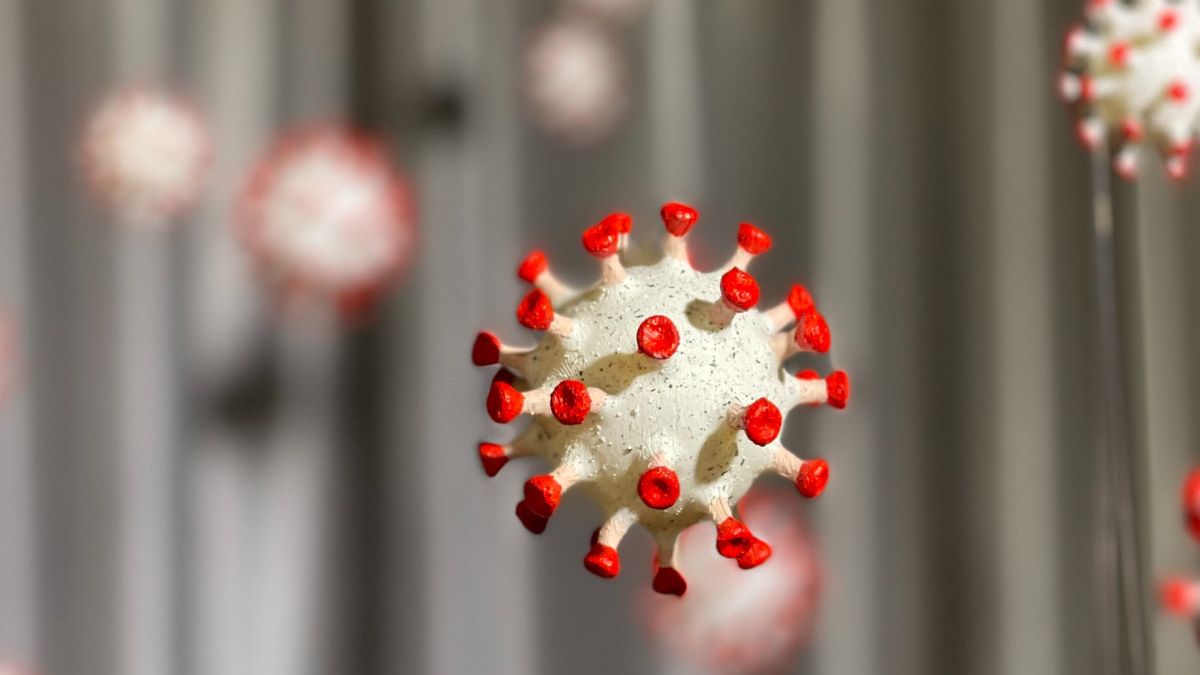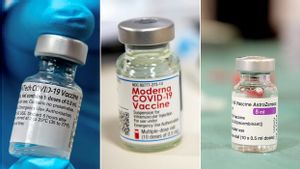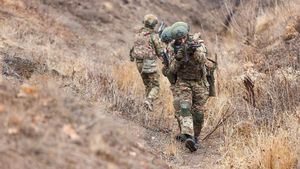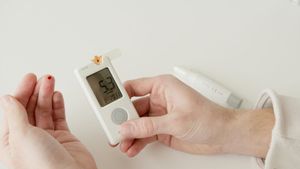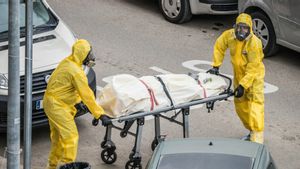JAKARTA - The Omicron variant does not appear to be any worse than other types of coronavirus. This statement came from top scientists and the WHO and the United States who spoke to AFP.
Quoted from Channel News Asia, Wednesday, December 8, they still warned that the statement needed to be confirmed with further research to assess its severity.
That statement seemed to give new hope to the world. Especially now that the world is worried about a highly mutated variant. Dozens of countries have re-imposed border restrictions and raised the possibility of a return to economically punishing lockdowns.
"Although likely to be more infectious than the previous variant, preliminary data do not suggest Omicron is more severe," said WHO emergencies director Michael Ryan.
"In fact, if anything, the direction is in a lighter direction," continued Michael Ryan.
Ryan does not believe that Omicron is said to be able to completely circumvent the protection provided by the COVID-19 vaccine. This information previously described how terrible the Omicron variant can be.
"We have a very effective vaccine that has been shown to be effective against all variants so far, in terms of severe disease and hospitalization... There is no reason to hope that it won't happen for Omicron," he added.
SEE ALSO:
A large UK study of blending COVID-19 vaccines has found that people have a better immune response when they receive the first dose of a shot of AstraZeneca or Pfizer's COVID-19 vaccine followed by Moderna nine weeks later, according to results on Monday.
"We found an excellent immune response across the trials, in fact, higher than the threshold set by the two-dose Oxford-AstraZeneca vaccine," Matthew Snape, the Oxford professor behind the trial dubbed Com-COV2, told Reuters, quoted on December 7.
The findings in favor of flexible dosing will provide hope for poor and middle-income countries, which may need to combine different brands of first and second vaccines if supplies run low or become unstable.
"I think the data from this study will be very interesting and valuable for low- and middle-income countries, where they are still rolling out the first two doses of the vaccine," Snape said.
"We showed you don't have to be rigid about receiving the same vaccine for a second dose and if the program is going to be delivered more quickly using multiple vaccines then it's OK to do it," he said.
When the AstraZeneca-Oxford vaccine is followed by injections of Moderna or Novavax, higher antibody, and T-cell responses are induced than two doses of AstraZeneca-Oxford, according to researchers at the University of Oxford.
The English, Chinese, Japanese, Arabic, and French versions are automatically generated by the AI. So there may still be inaccuracies in translating, please always see Indonesian as our main language. (system supported by DigitalSiber.id)
